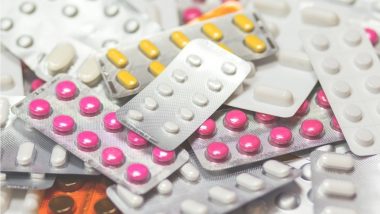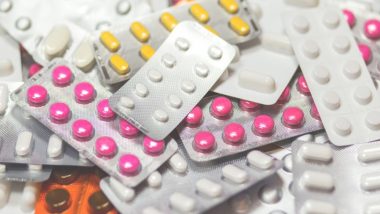The Health Ministry of India is on its way to ban 328 combinations of medicines due to safety issues, according to a news report in the Economic Times. The ministry has set out to implement the ban after recommendations from its technical advisory board Drugs Technical Advisory Board (DTAB).
As per the suggestions of the body, it is also looking to ban the sale and distribution of six other combinations of medicines. Popular brands such as Piramal’s Saridon and Alkem Laboratories Taxim AZ may face the ban due to safety concerns.
The ban has been called for by DTAB since the 328 combination of medicines, also known as FDCs or fixed-dose combinations, are unjustified as far as their therapeutic potential is concerned. FDCs are combination drugs that are made from two or more active drugs, combined in a fixed ratio to form a single dosage. One of the popular examples of FDCs is Combiflam, a medicine made from two drugs ibuprofen and paracetamol. Saridon, D'cold and Other Cough Syrups Could Be Banned? Health Ministry May Ban over 300 Combo Drugs.
DTAB said these combinations may lead to overuse. According to the technical body, there is no need to expose the patients to that many ingredients when one will do the work.
However, the report also suggests that popular cold medicines and cough syrups may be exempted from the ban since the combinations of those medicines have been formulated before 1988 and the Supreme Court directed the government not to ban them.
They include 15 FDCs, which the government had been planning to ban based on DTAB’s recommendations. However, the apex court recommends that the government is free to investigate any safety concerns regarding the medicines. Last year, the court had rejected the ministry’s appeal to ban the 15 FDCs but has asked DTAB to investigate the remaining 334 FDCs.
The ministry stated that these drugs were banned due to safety concerns but the high court quashed the ban saying that due processes have not been followed in implementing the ban.
The notification stated, “Hence in the larger public interest, it is necessary to prohibit the manufacture, sale or distribution of this FDC…any kind of regulation or restriction to allow for any use in patients is not justifiable.”
According to the notifications, the ministry also plans to clamp down on the manufacture, sale and distribution of six FDCs, two of which are used in the treatment of diabetes.
An ET report stated that the FDCs that were banned between 2016 and 2017 have changed their combinations or have stopped production to focus on other products.
Abhishek Sharma, an IIFL pharma analyst told the newspaper that most of these banned brands are very small and hence the ban may not have a significant impact. He told ET that the companies were aware of the impending ban so they stayed prepared with variants that comply with the regulations.
(The above story first appeared on LatestLY on Sep 12, 2018 01:04 PM IST. For more news and updates on politics, world, sports, entertainment and lifestyle, log on to our website latestly.com).













 Quickly
Quickly






















